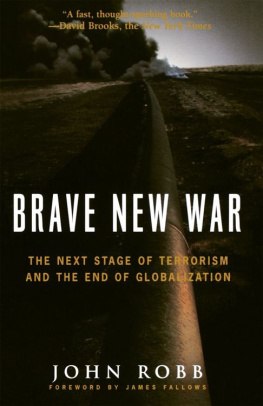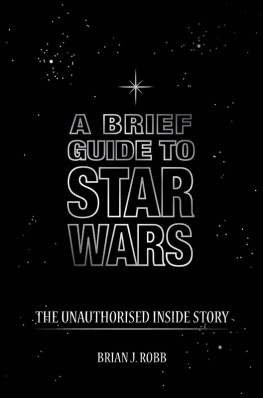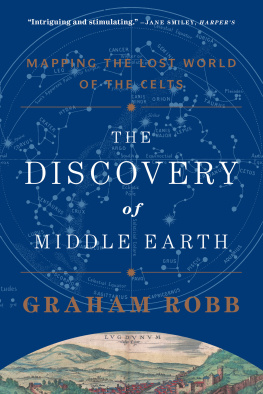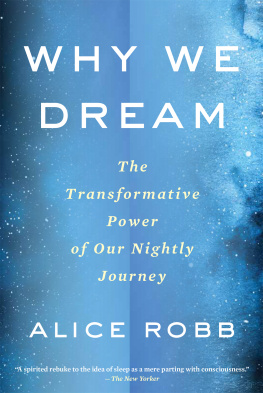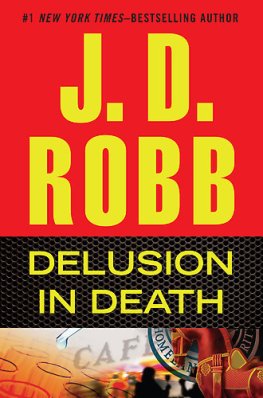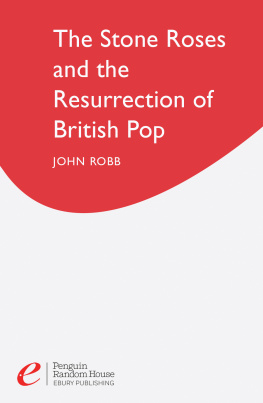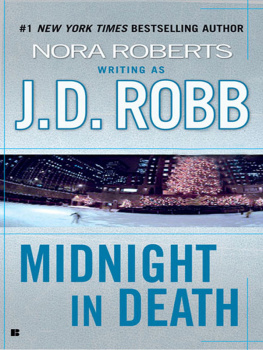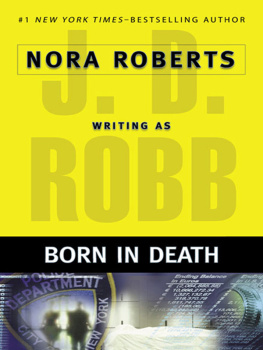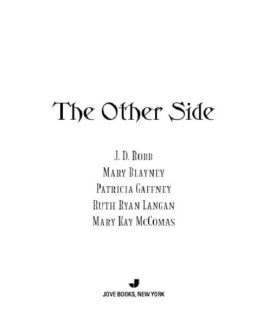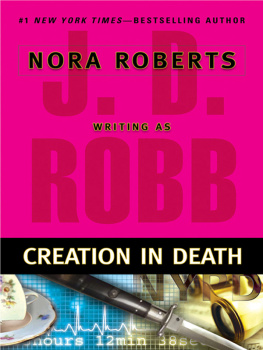BRAVE NEW WAR
THE NEXT STAGE OF TERRORISM AND THE END OF GLOBALIZATION
John Robb

Copyright 2007 by John Robb. All rights reserved
Published by John Wiley & Sons, Inc., Hoboken, New Jersey Published simultaneously in Canada
Wiley Bicentennial Logo: Richard J. Pacifico
No part of this publication may be reproduced, stored in a retrieval system, or transmitted in any form or by any means, electronic, mechanical, photocopying, recording, scanning, or otherwise, except as permitted under Section 107 or 108 of the 1976 United States Copyright Act, without either the prior written permission of the Publisher, or authorization through payment of the appropriate per-copy fee to the Copyright Clearance Center, 222 Rosewood Drive, Danvers, MA 01923, (978) 750-8400, fax (978) 646-8600, or on the web at Avww.copyright.com. Requests to the Publisher for permission should be addressed to the Permissions Department, John Wiley & Sons, Inc., 11 River Street, Hoboken, NJ 07030, (201) 748-6011, fax (201) 748-6008, or online at http://www.wiley.com/go/permissions.
Limit of Liability/Disclaimer of Warranty: While the publisher and the author have used their best efforts in preparing this book, they make no representations or warranties with respect to the accuracy or completeness of the contents of this book and specifically disclaim any implied warranties of merchantability or fitness for a particular purpose. No warranty may be created or extended by sales representatives or written sales materials. The advice and strategies contained herein may not be suitable for your situation. You should consult with a professional where appropriate. Neither the publisher nor the author shall be liable for any loss of profit or any other commercial damages, including but not limited to special, incidental, consequential, or other damages.
For general information about our other products and services, please contact our Customer Care Department within the United States at (800) 762-2974, outside the United States at (317) 572-3993 or fax (317) 572-4002.
Library of Congress Cataloging-in-Publication Data:
Robb, John, date.
Brave new war: the next stage of terrorism and the end of globalization / John Robb.
p. cm.
Includes bibliographical references and index.
ISBN: 978-0-470-26195-8
1. Terrorism. 2. Guerrilla warfare. 3. Transnational crime. 4. Security, International. 5. National security. 6. Private security services. 7. Globalization. I. Title.
HV6431.R625 2007
363.325dc22
2006029354
Printed in the United States of America
10 98765432
CONTENTS
Part I
THE FUTURE OF WAR IS NOW
Part II
GLOBAL GUERRILLAS
Part III
HOW GLOBALIZATION WILL PUT AN END TO GLOBALIZATION
FOREWORD
by James Fallows
Through the spring and summer of 2006, I talked with a wide variety of experts about the current state of the conflict that Osama bin Laden thinks of as the world jihad and that the U.S. government has called the global war on terror and the long war. About half of the authorities I spoke with were from military or intelligence organizations; the others were academics or members of think tanks, plus a few businesspeople. I sought their views for an article I was writing for the Atlantic Monthly. Among the most memorable of these interviews was a man I had met briefly once before: John Robb.
From the interviewees as a whole, I was surprised by one implicitly optimistic theme. This did not have to do with the war in Iraq, which many of them had originally supported but which nearly all had come to see as an unbounded disaster for the United States. Nor was it necessarily based on a belief that the United States would figure out the shrewdest way to protect its people, interests, and institutions from terrorist-style disruptions that were sure to be a feature of twenty-first-century life.
Instead it had to do with Americas success up to that point in disrupting Osama bin Ladens own al-Qaeda Central organization-and Americas potential ability to recast the larger global war of ideas in a way far more likely to win support or sympathy and diminish sources of hostility around the world. This, after all, had been a crucial element of the West policy throughout the Cold Warhardly the only element, given the battles and wars the United States fought and the CIA projects and dictators it funded as part of the larger struggle against the Soviet Union. As Sir Richard Dearlove, the former director of Britains secret intelligence agency, MI-6, and one of the people I interviewed, put it, by the end of the Cold War there was no doubt about which side stood on the moral high ground. Potential recruits would come to us because they believed in the cause, he said. This made our work much easier. Dearlove and countless others argued that the United States had gravely weakened its position by seeming to ignore its long-standing constitutional principles, in internal checks-and-balances and in its practices around the world. Americas cause is doomed unless it regains the moral high ground, Dearlove said. But, as he and many others suggested, this should be a correctable situation, given the resilience of many western societies and the fundamental appeal of the modern model of tolerant civil society.
The implicit optimism of this outlook was surprising because it was a contrast to most public discourse since the al-Qaeda attacks of 2001. The crudest version of the pessimist message was the endless governmental warnings that the evil doers were ceaselessly planning to attack again, because they hate our freedom. Whether officials in the Bush administration actually thought the motivation was that simple is hard to tell. All I know, from reporting, is that virtually no one with first-hand operating experience in fighting or analyzing terrorist movements agrees. (Resentment of the western worlds affluence and perceived licentiousness is no doubt part of al-Qaedas impulse, but its hardly the main part. As no less anauthority than Osama bin Laden put it in a tape released just before the 2004 election, if al-Qaeda was so opposed to liberties, Why did we not attack Sweden? Political grievances against western, especially U.S., policies have always come at the top of al-Qaedas list of complaints.)
The more sophisticated pessimistic argument had to do with the inherent vulnerability of big, open societies. By this reasoning, the United States was locked into an asymmetric struggle in which many advantages lay on the other side. Any of the tens of millions of foreigners entering the country each year could, in theory, be an enemy operativeto say nothing of the millions of potential recruits already in place. Any of the dozens of ports, the scores of natural-gas plants and nuclear facilities, the hundreds of important bridges and tunnels, or the thousands of shopping malls, office towers, or sporting facilities could be the next target of attack. It is impossible to protect them all, and even trying could ruin Americas social fabric and public finances. The worst part of the asymmetric predicament is the helplessness, as Americas officials and its public wait for an attack they know they cannot prevent.
Then we come to John Robb. His analysis is in many ways darker even than the conventionally pessimistic viewthough if properly understood it contains practical and positive elements as well. But mainly it is far more sophisticated than just about anything else the public is used to hearing about the nature of the challenge it faces. This book is not a complete answer to Americas problems in defending itself while preserving its liberties. No book is, or could be. But it is a very serious and valuable contribution.
Next page
